Ammunition
1/33
There's no tags or description
Looks like no tags are added yet.
Name | Mastery | Learn | Test | Matching | Spaced | Call with Kai |
|---|
No analytics yet
Send a link to your students to track their progress
34 Terms
Centerfire Ammunition
Made of: bullet/projectile, gun powder/propellant, cartridge case, primer
Bullets are typically made of lead and can be “jacketed” or covered with copper. Other materials can be used to make bullets such as zinc, brass, or alloys
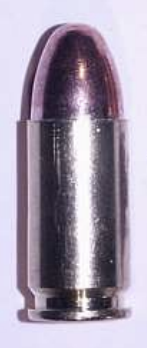
Shotgun Ammunition
Made of: shotshell, shot, wadding
Shotshell: can be made of plastic, paper, or metal
Shot: typically lead or steel
Wadding: plastic cup that holds the shot
Single projectile = slug
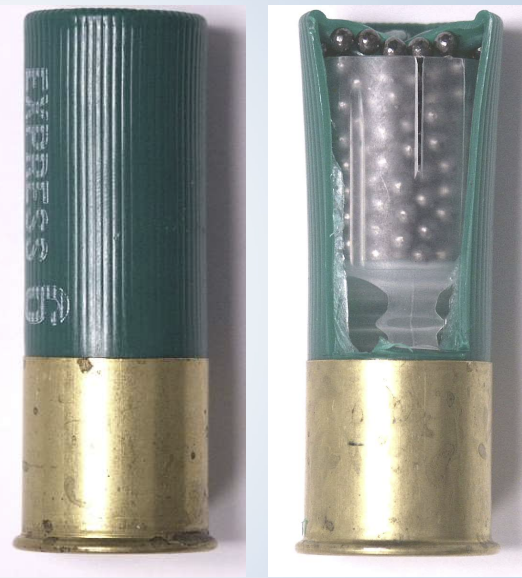
Rifle Ammunition
Bottleneck Cartridge
A cartridge case having a main diameter and a distinct angular shoulder stepping down to a smaller diameter at the neck position of the case
Designed to have a larger volume in the case to hold more gunpowder
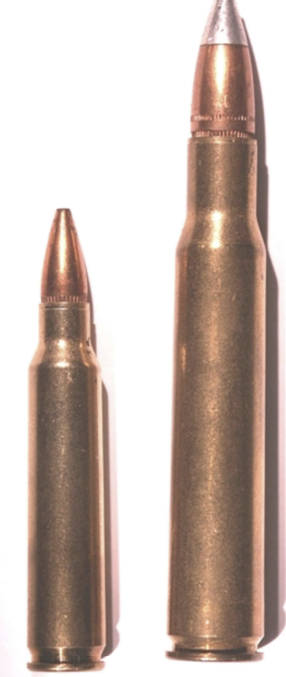
Rimfire Ammunition
Has the priming compound around the circumference of the base instead of as a separate component
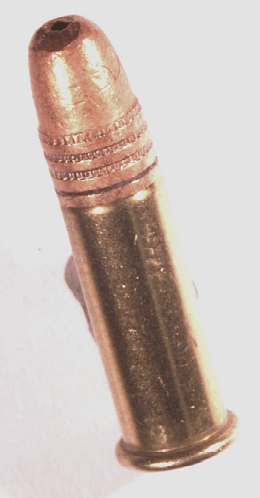
Full metal jacket
A projectile in which the bullet jacket encloses the entire bullet, with the usual exception of the base.
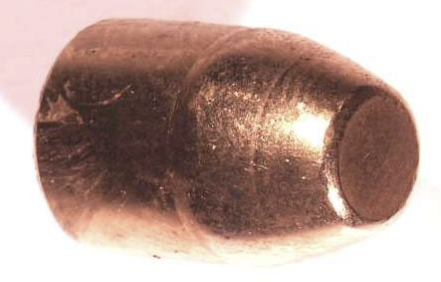
Jacketed Soft Point
A bullet designed with the soft lead core exposed at the nose.
Allows for the expansion of the bullet on impact
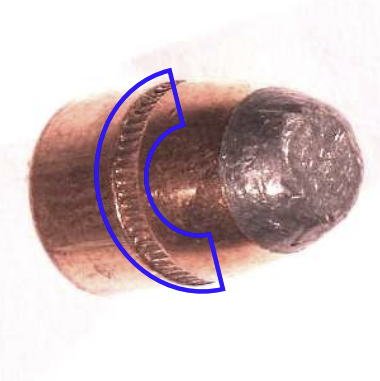
Cannelure
A circumferential groove generally of a knurled or plain appearance in a bullet or cartridge case.* Typically found on revolver and rifle bullets
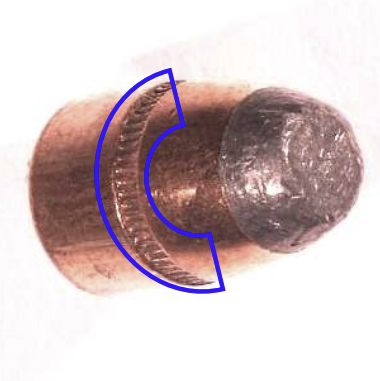
Jacketed Hollow Point
A bullet designed with a jacket- typically copper- surrounding the lower portion. The nose of the bullet has a hollow point.
Allow for an easier expansion (mushrooming) when coming in to contact with an object. Increases the surface area of the bullet with the goal to get the bullet to stop after penetration.
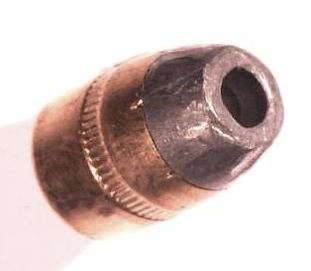
Lead Round Nose
An elongated projectile made of a lead alloy with a rounded nose.
Typically used for target shooting.
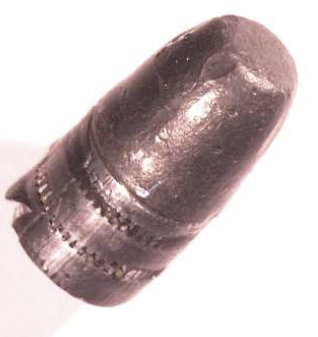
Semi-Wadcutter
A bullet designed with a truncated nose and sharp shoulder
Used for target shooting. The sharp shoulder on the bullet produces a clean round hole in paper.
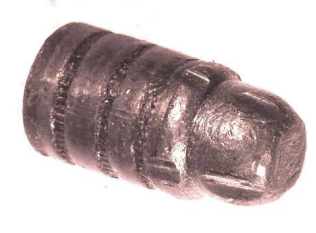
Wadcutter
A cylindrical bullet design having a sharp shouldered nose intended to cut target paper cleanly to facilitate easy and accurate scoring.
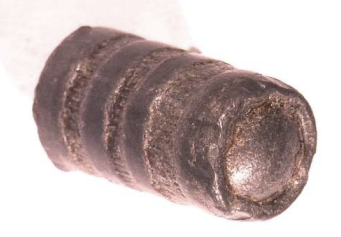
Boat Tail
A specific design of bullet having a tapered or a truncated conical base.*
The tapered cone of the boat tail provides increased stability throughout it’s flight
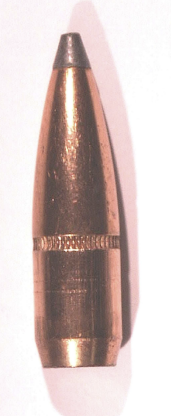
Types of firearm action
Gas operated semiautomatic
Lever action
Pump action
Bolt action
Break action
Delayed locking
Surface roughness
irregularity of the surface due to metal cutting
Chip formation
chips of removed material or swarf
Built-up edge
accumulation of material on the surface of the cutting tool
Plowing
piece of built-up edge is displaced into the workpiece; doesn’t form a chip. No loss of material, it is forced into the workpiece
Sideflow
plastic deformation of workpiece material displaced to the side of the area being cut
Shearing
complete removal of the metal being cut and extracted from the surface
Chatter
interrupted machining of metal
Pressure weld
metallic bond between contact of two metals caused by friction
What is the cycle of fire?
Feeding
Chambering
Locking
Firing
Obturation
Unlocking
Extraction
Ejection
Cocking
Feeding
Inserting cartridges into the chamber. Breech bolt pushes the cartridge into the final position.
Chambering
Inserting the cartridges into the chamber, and having them be held in place
Locking
Locks the cartridge into the barrel before firing
Firing
When the breech is fully locked, a pull on the trigger mechanically translates to the firing pin release.
Obturation
Occurs when powder gases under high pressure are sealed to prevent them from jetting between primer cup and cartridge case, cartridge case and primer wall, and projectile and bore.
Unlocking
This is the reverse of the locking process and is frequently performed in conjunction with extraction.
Extraction
All cartridge cases are designed with a rim or groove (cannelure) at the base so that an extractor claw can grasp this edge in order to achieve extraction.
Ejection
In the final stages of extraction, the cartridge case encounters a projection that is usually at right angles to the exit portal of the breech. Rotating on the fulcrum of the extractor, the case base is contacted on the opposite side by the ejector, which flips the case out of the actuating mechanism.
Cocking
The hammer spring is usually cocked when the bolt of a rifle, pistol, or repeater shotgun is retracted.
Broach cutting
A tool having a series of cutting edges of slightly increasing height used to cut the spiral grooves in a barrel. All grooves are cut with a single pass of the broach.
Button Rifling
A hardened metal plug with a rifled cross section configuration. It is pushed or pulled through a drilled and reamed barrel so as to cold form the spiral grooves to the desired depth and twist.
Hammer Forging
An internal mandrel with rifling configuration which forms rifling in the barrel by means of external hammering